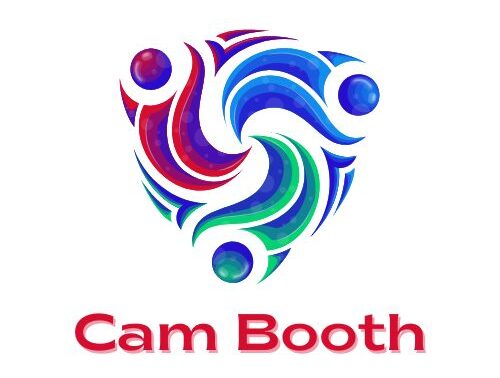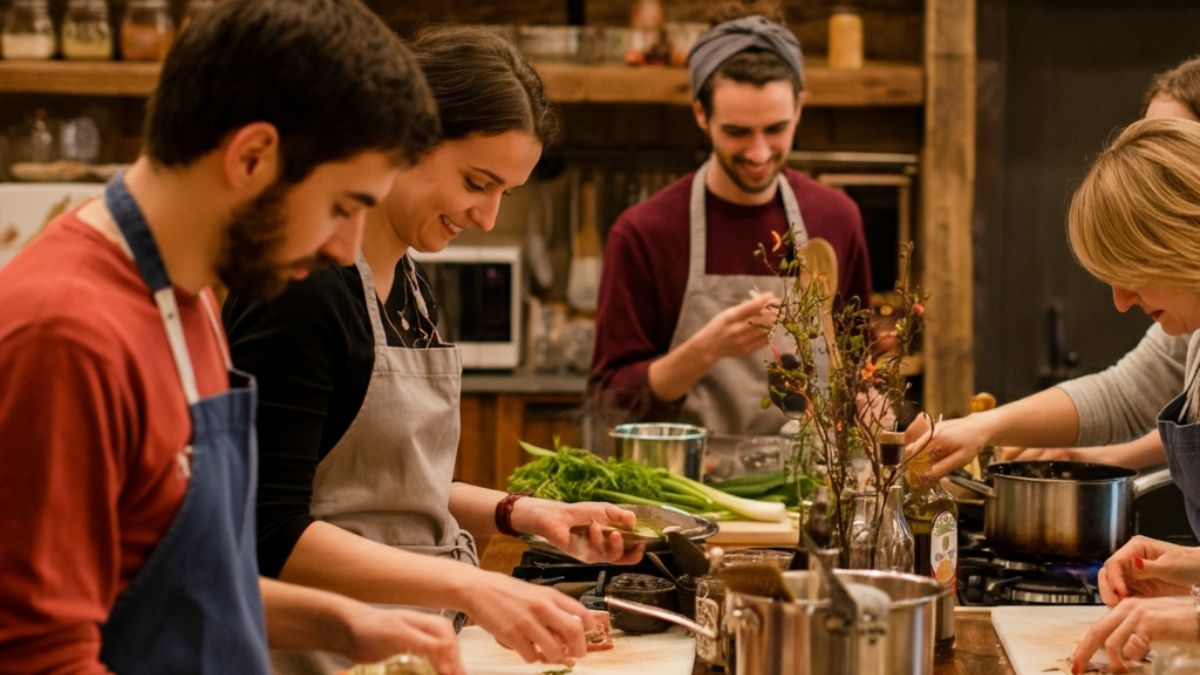Are you ready to take your culinary skills to the next level? Whether you’re a complete beginner, a home cook aiming to refine your techniques, or even dreaming of pursuing a professional career as a chef, enrolling in a cookery course could be the perfect next step.
With countless cooking classes and courses available today, how do you pick the right one? This blog will guide you through the types of cookery courses available, what to consider before signing up, and how to maximize your learning. By the end, you’ll know exactly how to find a cooking program that aligns with your goals and transforms your culinary confidence.
Why Join a Cookery Course?
Cooking is more than just a life skill; it’s a way to express creativity, celebrate culture, and even build community. But why should you consider a formal cookery course? Here are some benefits to inspire you:
1. Build Confidence in the Kitchen
A hands-on cooking class is the ideal way to learn essential techniques like knife skills, proper seasoning, and plating dishes. With practice and expert feedback, you’ll move from hesitant cook to confident chef.
2. Learn from Experienced Professionals
Quality cookery courses are often led by instructors who have years of professional kitchen experience. You’ll get insider tips and time-tested methods you can’t easily find online.
3. Expand Your Culinary Knowledge
Want to master soufflés, make fresh pasta from scratch, or explore world cuisines like Thai or French? Cookery courses offer specialized training to broaden your horizons and enhance your repertoire.
4. A Gateway to Career Opportunities
For those pursuing a professional culinary career, enrolling in a certified program could open doors to internships, chef positions, or even running your own restaurant. Many programs are designed to meet the evolving needs of the food industry.
With clear benefits in mind, the next step is to choose a course that suits your goals.
Types of Cookery Courses
Not all cookery courses are created equal. Understanding the types of programs available will help you make an informed decision:
1. Beginner-Friendly Classes
These are perfect for those just starting out. Beginner classes focus on foundational skills such as:
- Basic knife handling
- Kitchen safety
- Simple preparations like stir-frying, grilling, and baking
Popular options include introductory workshops at local community centers or online cooking schools.
2. Specialized Cuisine Courses
Do you have a passion for a particular cuisine? Specialized courses focus on cooking techniques and recipes from specific cultural traditions.
Examples include Italian pasta-making, Japanese sushi rolling, or Indian vegetarian dishes.
3. Pastry and Baking Courses
Baking enthusiasts can learn the art of making croissants, cakes, or artisan bread through pastry-focused programs. Some classes also cover dessert decoration and plating.
4. Professional Culinary Training
For aspiring chefs, professional cookery schools offer comprehensive programs covering advanced techniques, kitchen management, and even restaurant operations. These programs often provide certifications that are recognized in the hospitality industry.
5. Online Cookery Classes
If you don’t have the time to attend in-person sessions, online courses allow you to learn at your own pace. Platforms like MasterClass and Udemy offer a range of topics taught by culinary experts from around the world.
How to Choose the Right Cookery Course
With so many options, how do you pick the course that best fits your needs? Use the following checklist to evaluate your choices:
1. Define Your Goals
Ask yourself, “What do I hope to achieve?” Whether you want to perfect specific dishes, gain general cooking confidence, or jumpstart a culinary career, having clear goals will help you narrow down your options.
2. Consider Course Format
Choose between in-person classes or online learning based on your preferences. Do you thrive in hands-on environments or prefer the flexibility of learning from home?
3. Check Credentials
For professional training programs, ensure the course is accredited by a reputable culinary organization. For casual learners, prioritize classes taught by experienced instructors with solid reviews.
4. Class Size Matters
Will you be learning alongside a large group or in a smaller, more intimate setting? Smaller classes often mean more direct interaction with your instructor.
5. Cost and Time Commitment
Professional culinary schools can be pricey and may require full-time commitment, while casual courses are often more affordable and flexible. Compare prices and schedules to find what works with your budget and availability.
Making the Most of Your Cookery Course
Once you’ve enrolled, it’s time to maximize what you gain from the experience. Here are a few tips to get the most out of your course:
1. Come Prepared
Familiarize yourself with any required materials beforehand, whether it’s specific pantry items for an online class or a chef’s knife for an in-person workshop.
2. Practice Makes Perfect
Treat your time in the class as part of a larger learning process. Practice the skills you learn after class to perfect them.
3. Take Notes
Write down tips, tricks, and recipes in a notebook to reference later.
4. Engage with the Community
Many courses foster a community of like-minded foodies. Don’t miss the chance to exchange ideas, ask questions, and build relationships with fellow participants.
Cookery Courses Are Just the Beginning
A single cookery course can be the start of a lifelong culinary adventure, whether you dream of hosting dinner parties, preparing gourmet meals for your family, or turning your passion into a profession. With so many options, there’s a course for every skill level, goal, and budget.
If you’re ready to start on your cooking journey, take the first step today. Begin researching local classes or online workshops that fit your schedule. The kitchen is calling!
[Learn more about the best cookery courses worldwide here].
FAQs
1. What should I bring to a cooking class?
Most cooking classes will provide the ingredients and tools required for the session. However, it’s always a good idea to check with the class beforehand. You may be asked to bring an apron, a notebook, or containers to take home leftovers.
2. Do I need any prior experience to join a cooking class?
No, cooking classes are typically designed for all skill levels, from beginners to seasoned cooks. You can choose a class that suits your current level of expertise.
3. How much do cooking classes cost?
The cost of cooking classes can vary widely depending on the location, duration, and type of class. Local workshops may range from $20-$100 per session, while intensive courses or specialized classes may cost more.
4. Are online cooking classes as effective as in-person ones?
Yes, online cooking classes can be just as effective, offering flexibility to learn at your own pace and use your kitchen tools. However, in-person classes provide hands-on guidance and a more interactive experience.
5. Can I gift a cooking class to someone else?
Absolutely! Cooking classes make excellent gifts for friends and family who love food or want to enhance their culinary skills. Many providers offer gift vouchers or certificates.







